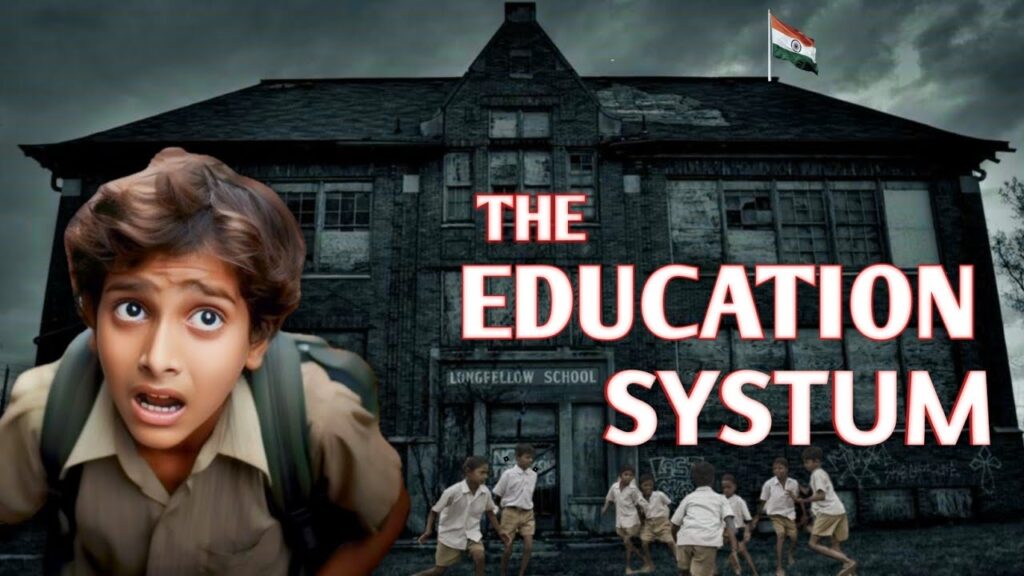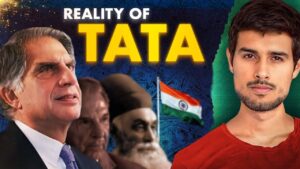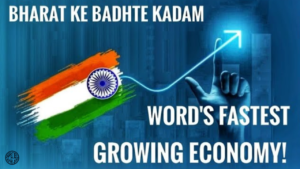Why the Education System Fails 99% of People: Insights from an Indian Perspective

Why 99% of people never get RICH ll The Education System
“Why 99% of people never get RICH ll The Education System,” the speaker offers a poignant critique of the Indian education system, highlighting its significant shortcomings. This reveals a narrative that resonates with many individuals who feel trapped by a system that promises much but delivers little. Here’s a deeper dive into the key points raised in this:
The Missing Elements: Education and System
The speaker begins by stating that the Indian education system lacks both proper education and an effective system. This bold claim sets the stage for a discussion on how years of study often result in wasted time and resources. Many individuals spend their entire youth preparing for government jobs, only to face repeated disappointments due to delays and inefficiencies in the system.
The Dream vs. Reality
The traditional dream of becoming a high-ranking officer, earning a substantial income, and living a luxurious life is achievable for only a small percentage of people. The majority end up in mediocre jobs, struggling to make ends meet despite investing significant time and money in their education. The speaker suggests that if the money spent on education had been invested in starting a business, many could have become millionaires.
The Root Cause: The Education System
According to the speaker, the core issue lies in the education system itself, which is designed to produce employees rather than entrepreneurs. From a young age, children are taught to follow a set path: excel in school, secure a government job, and live a stable but unremarkable life. This system stifles creativity and discourages entrepreneurial thinking.
Historical Context
The speaker provides a historical perspective, tracing the current education system back to the British colonial era. Thomas Babington Macaulay introduced the system in 1835 to create a class of clerks who could assist in administering the colony. This system was designed to produce obedient workers, not independent thinkers or innovators.
The Trap of Conventional Education
This context emphasizes how the education system traps individuals in a cycle of rote learning and unfulfilled promises. Students are burdened with extensive syllabi and are led to believe that securing a government job is their only viable option. This mindset prevents them from exploring other avenues and achieving their full potential.
Real-Life Examples
The speaker mentions several successful individuals, such as Mukesh Ambani, Gautam Adani, Elon Musk, Mark Zuckerberg, and Sundar Pichai, who did not conform to the traditional education system. These individuals succeeded by thinking outside the box and pursuing their passions. The speaker also highlights examples of people who became wealthy without a formal education, such as a tea seller who managed to buy a Rolls-Royce.
The Present Scenario
Despite the passage of 76 years since India’s independence, the remnants of the colonial education system persist. Families continue to prioritize formal education, believing it to be the key to success. However, this often leads to frustration and unfulfilled dreams as students realize that a degree does not guarantee a lucrative job.

The Path Forward
The speaker encourages viewers to break free from the conventional education system and explore new opportunities. Success can be achieved through various means, not just through traditional education and government jobs. The speaker advises individuals to follow their hearts and pursue what genuinely interests them, rather than conforming to societal expectations.
Conclusion
The content concludes with a call to action, urging viewers to take control of their lives and make decisions based on their passions and interests. The speaker acknowledges the limitations of their knowledge but hopes to inspire others to rethink their approach to education and career.
Final Thoughts
This content serves as a powerful reminder of the limitations of the traditional education system and the importance of pursuing one’s passions. It challenges viewers to question the status quo and seek alternative paths to success. While the critique is specific to the Indian context, the underlying message is universal: true success comes from following one’s dreams and thinking outside the conventional framework.





